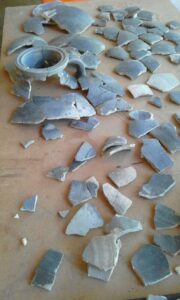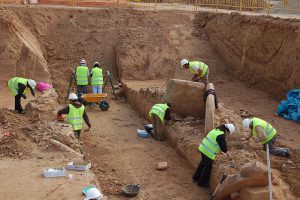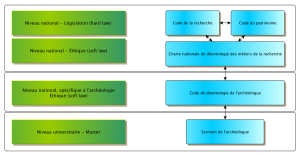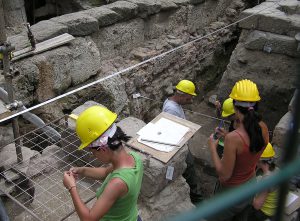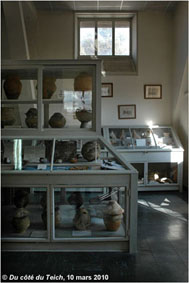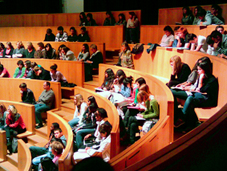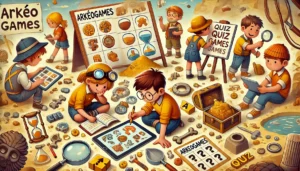Scientists and volunteers, a delicate balance
These days, the term "volunteer" is regularly overused and thrown about. Before reflecting on the pros and cons of voluntary contributions to science, we must agree on its definition. Contrary to popular belief, volunteers are typically qualified in a particular area, in this case, research. They carry out their work without compensation, outside of, or on top of, their profession. So, what does it mean to be a volunteer archaeologist?

